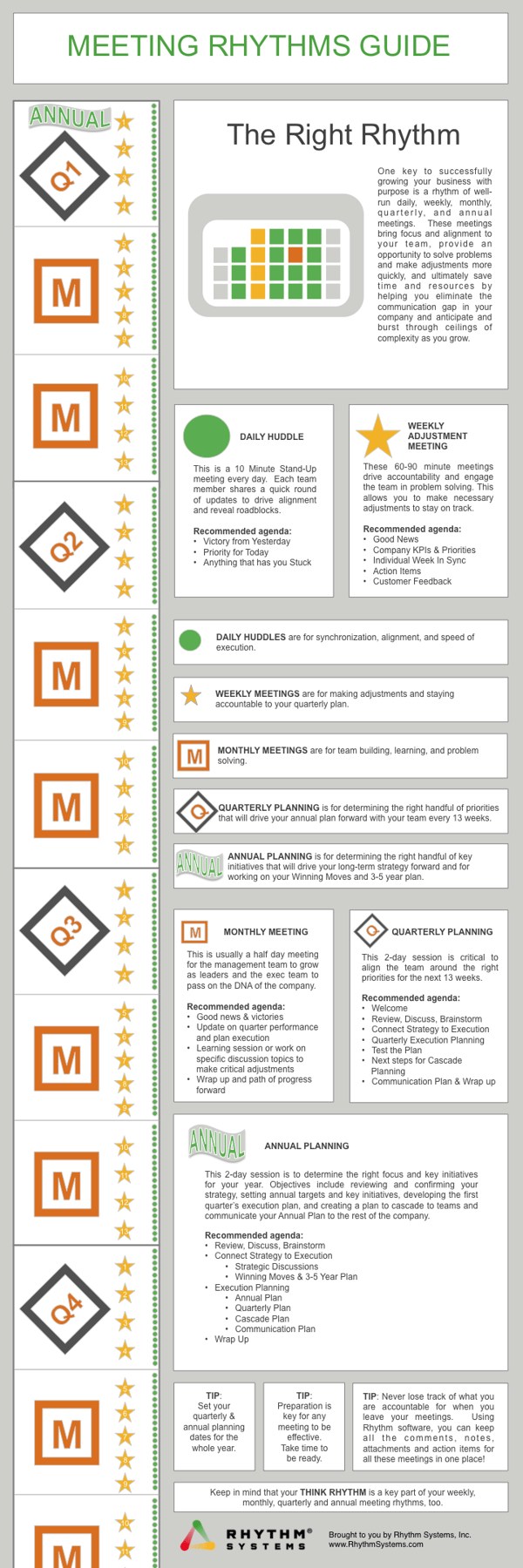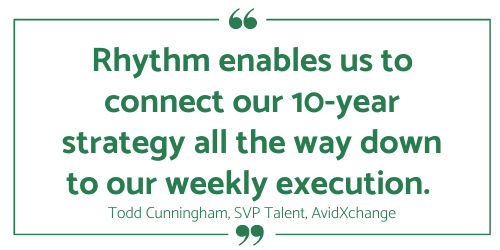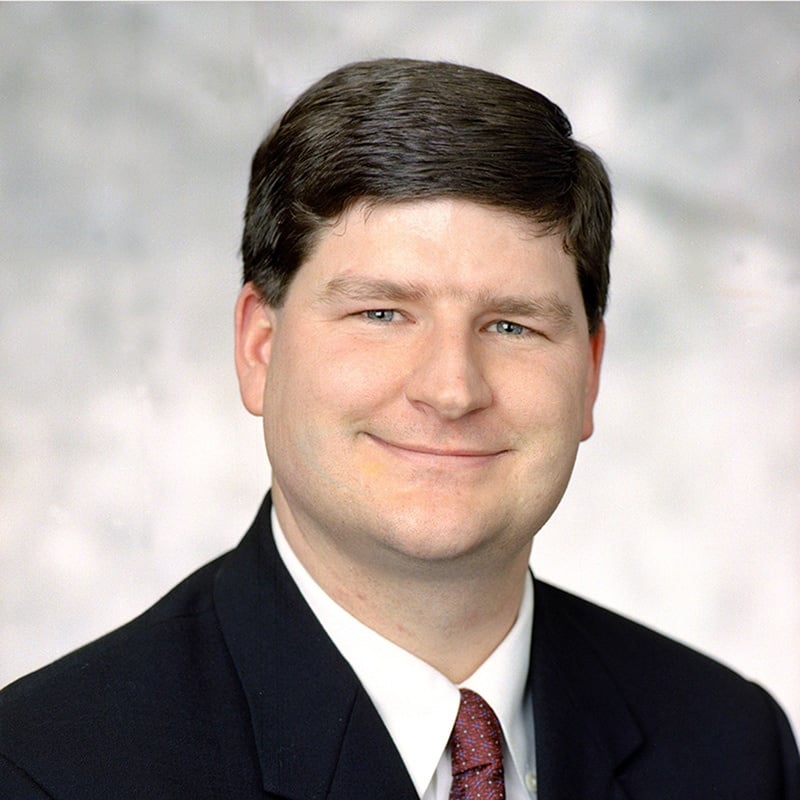Peak performance refers to the highest level of performance that an individual or organization can achieve in a particular task or activity. It is the point at which a person or group is operating at their best, utilizing its full range of abilities and resources to achieve optimal results.
Peak performance in business is essential for companies to stay competitive and successful in today’s ever-changing market. Achieving peak performance requires careful planning, due diligence, and a mindset of continuous improvement. Technology advancements are driving down business entry barriers and making products and services obsolete quickly, so businesses need to stay ahead of the curve.
Peak performance in business is the ability to reach its full potential, resulting in increased efficiency and profitability. For middle-sized companies, peak performance plans can be a great way to ensure that the company is reaching its goals and maximizing its resources to higher levels.
Aligning an organization to achieve optimal results requires a commitment to building the habits and cadence to support a peak performance plan. It should include strategies for improving employee productivity, customer service, and overall organizational effectiveness. Specific objectives that clearly state your OKRs, KPIs, and the appropriate business metrics and expected level of performance.
Share the Vision
Having a clear vision for a business is essential for achieving extraordinary results. It's the “Why” of the company that sets it apart from its competitors. A clear vision provides a sense of purpose to the company's employees. A well-defined vision should be communicated regularly throughout the organization so that it becomes part of the firm's culture. This will help ensure that everyone in the company is working towards the same goals and objectives.

When communicating a vision, it is important to ensure everyone understands what it means and how they can contribute to achieving it. Leaders should explain why this strategy is important and how it will benefit their clients and employees. Additionally, they should provide examples of how each individual is instrumental in bringing this vision to life. By doing so, leaders can create an environment where everyone feels connected to the mission and motivated to work together toward success.
Have a Written Plan
Having a written strategic plan is essential for any business to succeed. It helps unify the core management team and align them to the mission and core purpose of the company. Everyone in the organization should understand their role in helping it succeed. The plan should be updated quarterly to ensure that the company focuses on the most critical challenges.
Continuous planning is also important to address spikes in demand, no matter when they occur. Historical and forecast volume data can help identify peak times so businesses can prepare accordingly. Developing a clear planning cycle with your team leaders, with objectives and specific dates, is vital for successful preparation. Regular testing of back-end functionalities is essential for preparation, while volume performance tests can identify potential problem areas before demand spikes. Test early and often to ensure your organization is ready to handle the volume when it comes.
Hold People Accountable
Holding people accountable is an important part of any successful business. It is essential to have a written strategic plan with specific tasks and deadlines assigned to individuals so that everyone knows their responsibilities and when they need to be completed. The CEO should monitor progress and help each person be successful in their area of responsibility. One person should take the lead and be held accountable for each initiative to ensure success.
For example, if a company is using Adobe Commerce sites, it should review Adobe's recommendations on load testing. They should also develop a predicted resource model for the upcoming peak season and load test infrastructure to validate how the site will handle expected traffic. Holding people accountable for these tasks will help ensure that the company is prepared for any potential issues that may arise during peak season.
Manage Finances, Projects, OKRs, and KPIs
Accurate financial statements are essential for businesses to understand their current financial position and make informed decisions. By tracking income, expenses, assets, liabilities, and equity, businesses can measure their performance against goals and objectives. Financial statements also provide a snapshot of the company’s financial health and can be used to assess risk and identify areas of improvement.
KPIs (Key Performance Indicators) are essential for measuring progress in all aspects of the business. KPIs provide insight into how well the company performs in terms of sales, customer satisfaction, operational efficiency, profitability, and other key metrics. By tracking these indicators over time, businesses can identify trends that indicate opportunities or potential problems that need to be addressed. Additionally, forecasting cash flow needs, capital expenditure budgeting, and business growth are all critical components of managing finances effectively. With accurate data from KPIs and financial statements, businesses can make informed decisions about their future direction.
Continually Improve Business Systems
Having a regular rhythm of meetings to review and improve business systems and processes is essential for any successful organization. These meetings should be held regularly, such as weekly or quarterly, to ensure that all areas of the business are running efficiently and effectively. During these meetings, key stakeholders should review current systems and processes, identify areas for improvement, and develop action plans to address any issues. Additionally, these meetings can be used to discuss new ideas or initiatives that could help the company reach its goals.

To ensure that these meetings are productive and effective, it is important to have an agenda with clear objectives and expectations. This will help keep everyone focused on the task at hand and ensure that all relevant topics are discussed promptly. Additionally, having an organized system for tracking progress on action items from previous meetings will help keep everyone accountable for their tasks.

Finally, it is important to have a culture of continuous improvement within the organization. This means encouraging employees to think critically about existing systems and processes to identify potential improvements or efficiencies that could be made. By creating an environment where employees feel comfortable suggesting new ideas or solutions, businesses can stay ahead of their competition and remain competitive in their industry.
Peak Business Performance Explained
Peak business performance is the ability to reach an organization's full potential, resulting in increased efficiency and profitability. Achieving peak performance requires strategic planning, precisely aligned goals, and effective assessments. Organizations must first conduct a SWOT analysis to identify improvement and growth opportunities to reach peak performance. This will help create a plan that outlines objectives and tasks for each goal, including timelines, resources, and action plans.
Additionally, it is important to set SMART goals that are clear, actionable and will move the needle toward peak performance. Once these goals have been established, organizations should measure their current business health to ensure they are on track for success. Peak performance is a process of continuous improvement that requires monitoring and iteration to stay ahead of the competition. With the right strategy in place, businesses can achieve their desired level of success while maximizing their potential.


